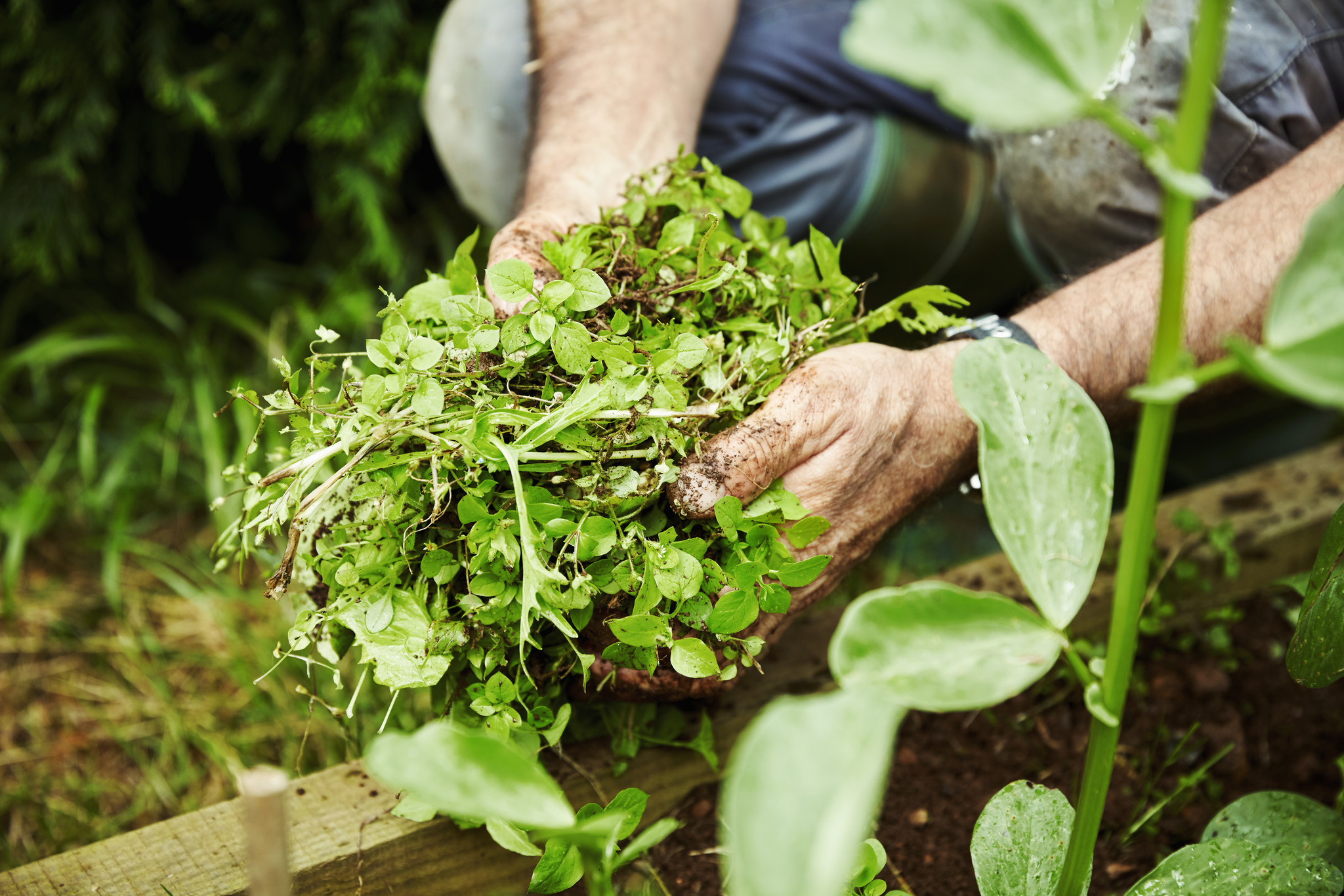Our solutions for ecological weed control

If you want to have a garden, it is important to know that maintenance is essential. This is to protect your plants. The best solution is therefore to carry out ecological weed control. Chemical weed killers can harm everything around you, including your health. And there are many ecological solutions.
Why weed?
There is no shortage of weeds in the garden. They are called weeds because they spread in the wrong places, whether in lawns, flowerbeds, between paths and terraces, but especially in the vegetable garden. As they grow, they hinder the growth of plants and encourage the spread of diseases.
How to proceed?
As you will have understood, the use of chemical weed killers is absolutely to be banned. It can be harmful to you and your plants, but also to the environment. The ecological solution is the best way to get rid of weeds.
Boiling water and cooking water
This solution is effective on gravel paths and paving stones. The use of boiling food water is more effective than boiling water alone. In addition, pasta or potato cooking water is rich in starch, so it is effective. However, avoid using cooking water if it is salty.
White vinegar
White vinegar is also very effective in getting rid of weeds. Its acidic nature destroys soil micro-organisms and slows down the spread of weeds. It is even more effective if it is well exposed to the sun.
Plant purines
Nettle or angelica, plant purines are very effective natural weed killers. In addition, they can also be a fertiliser, which is safe for your plants, especially vegetable plants.
Baking soda
Baking soda is especially effective on small areas, driveways, terraces or between paving stones. Simply sprinkle it on the plants to be removed and then wet it with a sprayer. This will burn off any unwanted small shoots. You can also dilute a little bicarbonate with water and spray it on the plants to be removed.
Green manure
There are plants that can be used as fertiliser and that are actually toxic to weeds. These include clover, mustard, buckwheat and phacelia. It is therefore possible to combine crops to protect against unwanted weeds.
Mulching
For this method, you can use mulch from recycled materials such as tiles, wood chips or slates. You can also use organic mulches such as flax, grass clippings or hemp fibres. However, mulching is a preventive measure. It is therefore necessary to remove the weeds before applying it. This way, undesirable plants will not grow back in the absence of light.
To find out more about mulching, read our article on the subject by clicking here!


Comments
Be the first to comment...